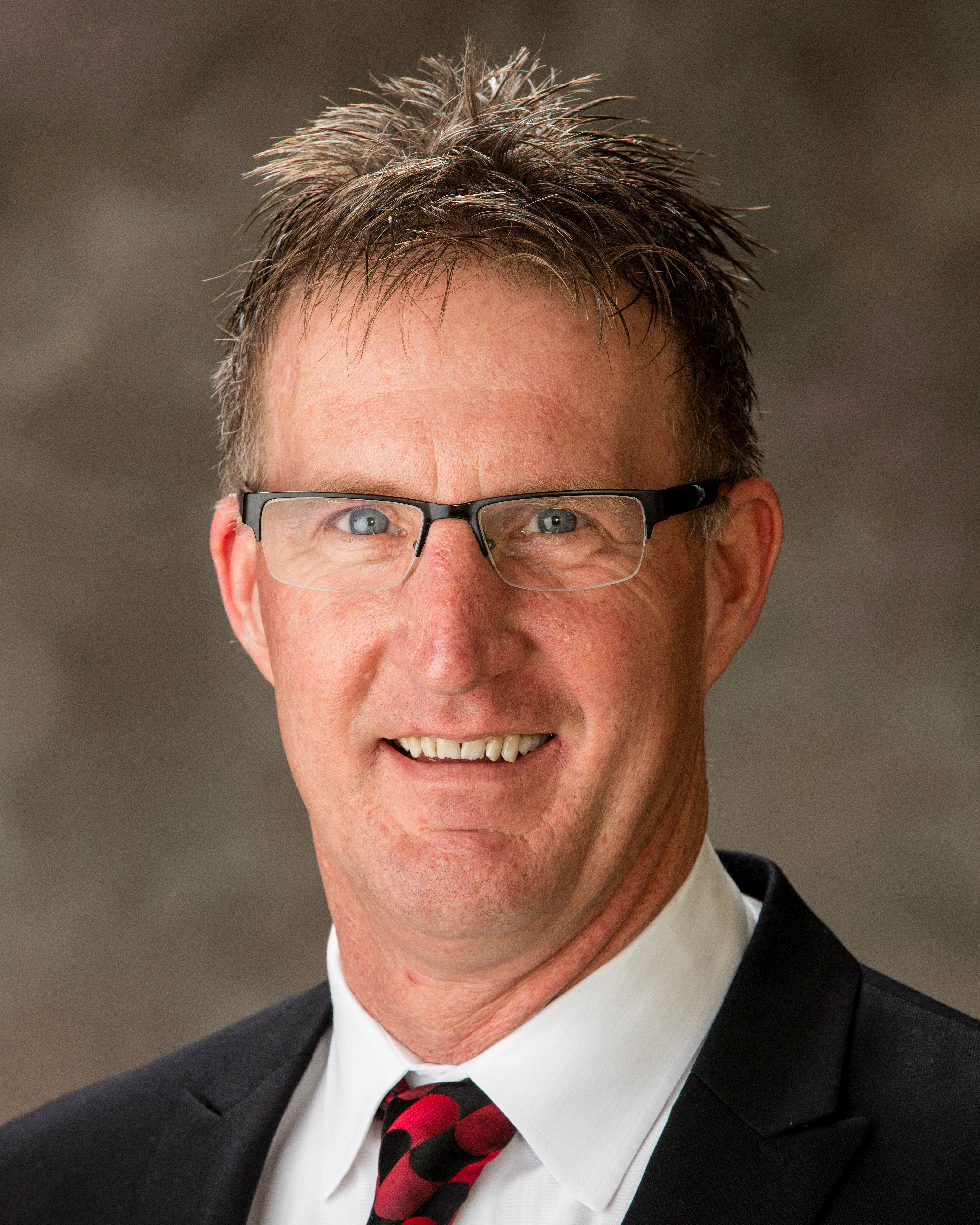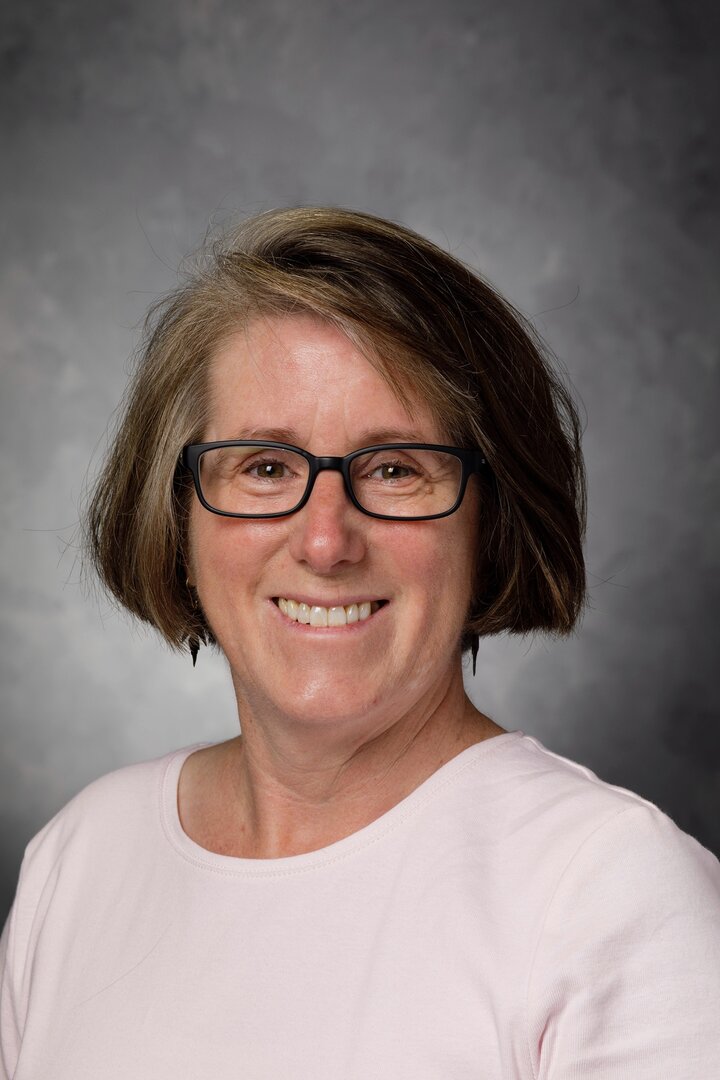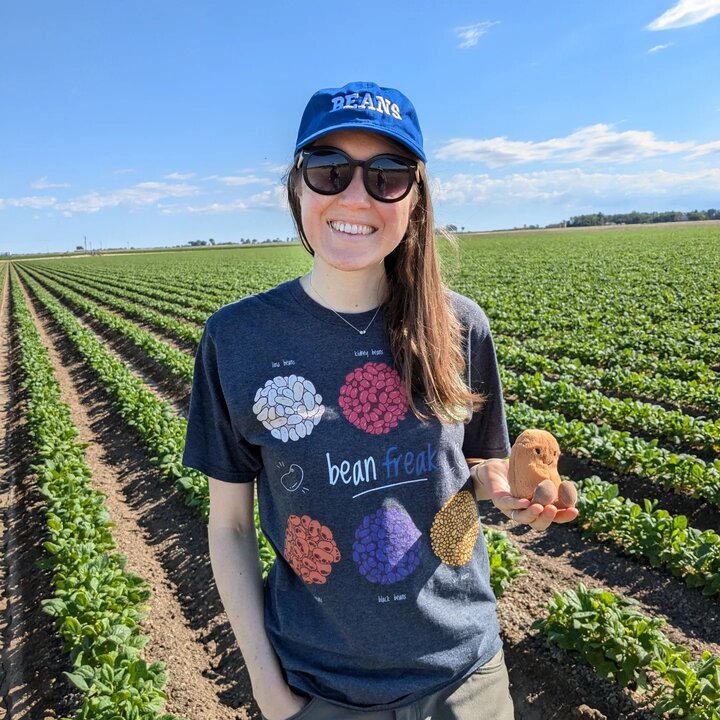
ANDY BENSON, PHD
Professor, Department of Food Science and Technology, University of Nebraska–Lincoln
Genetic Analysis of Traits in Dry Beans that Affect the Human Gut Microbiome
Andrew Benson earned his Ph.D. in Microbiology at the University of Texas Health Science Center at San Antonio and was a postdoctoral fellow in Molecular Biology at Princeton University before joining the University of Nebraska in 1996. He is currently a professor in the Department of Food Science and Technology at the University of Nebraska. He also serves as the Director of the Nebraska Food for Health Center (NFHC), which has a unique mission to link agriculture and biomedicine through research on the gut microbiome. NFHC accomplishes this mission through collaborative research across a discovery-clinical translation research platform that links plant genetics and biochemistry with microbiology, food science, nutrition, computational biology, and clinical research. Benson’s research group leads the discovery portion of the platform where he collaborates with plant geneticists, nutritionists, mucosal immunologists and gastroenterologists to define components in food crops that affect the human gut microbiome. His research combines quantitative and functional genomics in cereal grains and legumes with high-throughput in vitro digestion/microbiome fermentations of seed, and gnotobiotic mouse models to link naturally occurring genetic variation in the plants with desirable microbiome and host responses.

C. ROBIN BUELL, PHD
Georgia Research Alliance Eminent Scholar Chair in Crop Genomics, Crop & Soil Sciences, University of Georgia
Genes, Genomes, and Pan-Genomes: Enabling Discovery Across Scales in Phaseolus
C. Robin Buell is the Georgia Research Alliance Eminent Scholar Chair in Crop Genomics and Professor of Crop and Soil Sciences at the University of Georgia. She currently serves as Director of The Plant Center at the University of Georgia, leading interdisciplinary efforts to advance plant science through genetics, genomics, synthetic biology, and breeding innovation. In 2025, she was elected to the U.S. National Academy of Sciences for her pioneering contributions to plant genome biology. She has authored nearly 320 publications, received over $82 million in funding directly to her lab, and given over 250 presentations to scientific and lay audiences. Buell continues to advance beans genomics through collaborative research, resource development, and mentoring the next generation of students and postdocs.

CHELSEA DIDINGER, PHD
Founder of A Legume a Day, Global Nutritional Specialist, US Dry Bean Council
Beans: The Ultimate Superfood
Chelsea Didinger graduated with her Ph.D. in Nutrition from Colorado State University, with her research focused on pulses. Her translational work assessed how citizen science and an Extension toolkit can influence pulse consumption through impacting motivators and barriers to intake. She is the Founder of A Legume a Day, a pulse educational platform with the goal of inspiring people to eat more pulses, to reap public and environmental benefits. She is also the Global Nutritional Specialist for the US Dry Bean Council and works with several other pulse organizations to engage various stakeholders and monitor market trends.

JAMES “JIM” MYERS, PHD
Baggett-Frazier Endowed Professor of Vegetable Breeding and Genetics, Oregon State University
A Rhapsody for Common Bean in All its Forms
Jim Myers is Professor Emeritus in the Department of Horticulture at Oregon State University. Until recently, he held the Baggett-Frazier Endowed Chair of Vegetable Breeding and Genetics at OSU. He has released 34 cultivars, including 14 dry bean cultivars and four germplasm releases, while at the University of Idaho, and 20 cultivars and one germplasm release at OSU. His OSU releases include one snap bean, six tomatoes, three edible podded peas, two table beets, two mild habanero peppers, one broccoli, and five dry bean cultivars. The OSU5630 bush blue lake snap bean, released in 2005, has been grown on about 80% of the acreage used for processing in western Oregon. He will probably be best known as the originator of high anthocyanin ‘Indigo’ tomatoes that are now being grown worldwide.
He has coedited two books, published 89 peer-referred publications, 16 book chapters, 107 peer-reviewed papers and more than 150 invited and contributed papers. He has obtained over $12 million in competitive grant funds and another $2.8 million in commodity commission funds. He has advised 12 Ph.D., 16 M.S. and one M. Ag students, and served as a committee member for another 43 students. Myers has facilitated undergraduate student-directed research for 32 students.

PAUL OVERBY
Regenerative Farmer and Co-owner, Lee Farms, Verdi-Plus: Value Added Management Solutions, Wolford, North Dakota
Regenerative Ag on the Northern Prairies
Paul Overby is a leading edge regenerative farmer, along with his wife Diane, from Wolford, North Dakota. They operate 1250 crop acres and have pasture and hay land, CRP, wetland buffer zones, and wildlife habitat on an additional 550 acres. The Overby’s have a diverse crop mix of field peas, sunflowers, wheat, flax, oats, millet, canola and soybeans and are experimenting with pea/canola polycropping. They also plant a diverse cover crop mix when possible. Overby began field zone management and no-till in 2005. He partnered with General Mills and ADM on regenerative ag pilot programs. He was also among the first farmers selling soil carbon credits to Indigo Ag. In 2024 Overby was recognized as the Outstanding Conservation Professional by the National Soil and Water Conservation Society. He received a Responsible Nutrient Management Award at the 2021 National No-Till Conference. Paul and his wife Diane were given the 2023 Conservation Achievement Award by the Rolette Soil Conservation District. Paul has a B.S. in Ag Education from North Dakota State University and is completing a master’s degree in Sustainable Management from the University of Wisconsin-Superior.